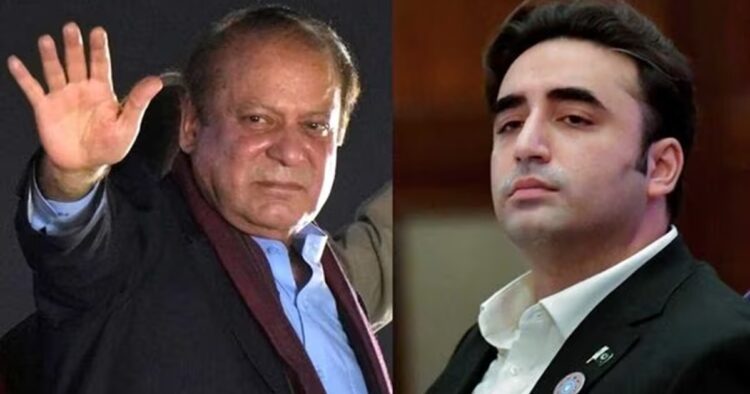As Pakistan gears up for its 2024 elections, concerns arise over the extent of the military’s influence in the selection process. Former Bharatiya high commissioner to Islamabad, Ajay Bisaria, has voiced apprehensions, stating that the upcoming event seems more like a predetermined selection rather than a fair election. He suggests that the Pakistan Army’s recent actions indicate a desire for Nawaz Sharif to be chosen, raising questions about the democratic integrity of the process.
Military Consolidation of Power: General Asim Munir, the chief of Pakistan Army, is anticipated to solidify his authority over the country’s political leadership through the upcoming elections. This power consolidation becomes especially significant as it marks the first instance where a civilian leader, Imran Khan, has challenged the dominance of the military in Pakistan’s politics. Observers predict that Khan may face imprisonment as a consequence of challenging the military’s authority, highlighting the risks associated with such opposition.
Imran Khan’s Challenges: Imran Khan, the incumbent Prime Minister, has faced significant consequences for his stance against the military establishment. Speculations suggest that he might face imprisonment for several years or until the military grows disinterested with the new government. Khan’s predicament mirrors that of Nawaz Sharif, who previously endured incarceration on corruption charges. Sharif, despite his past legal troubles, has reemerged as a prominent figure in Pakistani politics, with his return coinciding with the dismissal of pending cases against him.
Implications for Bharat: The outcome of Pakistan’s 2024 elections holds crucial implications for Bharat’s national security interests. The Narendra Modi-led government remains vigilant about Pakistan’s support for terrorism, viewing it as a significant threat. The role of the Pakistan Army in selecting the next prime minister raises concerns in New Delhi, prompting a close monitoring of developments in the neighboring country. Analysts suggest that General Munir’s quest for greater control signifies a potential shift in Pakistan’s political landscape, warranting cautious observation from Indian authorities.
Nawaz Sharif’s Stance on Bharat: Nawaz Sharif’s recent remarks indicate a degree of openness towards Bharat, acknowledging the country’s global advancements. However, his party’s manifesto asserts a willingness to pursue peace with Bharat only under the condition of reverting New Delhi’s decision to abrogate Article 370, which granted special status to Jammu and Kashmir. Sharif’s stance underscores the complexities of Indo-Pak relations and the challenges in fostering diplomatic dialogue amidst political uncertainties.
As Pakistan prepares for its upcoming elections, the influence of the military on the political landscape raises concerns both domestically and internationally. The fate of leaders like Imran Khan and Nawaz Sharif, along with the implications for regional stability, underscores the significance of closely monitoring developments in Pakistan. Amidst shifting dynamics, maintaining diplomatic channels and navigating complex geopolitical challenges remain paramount for neighboring countries like Bharat.
















Comments